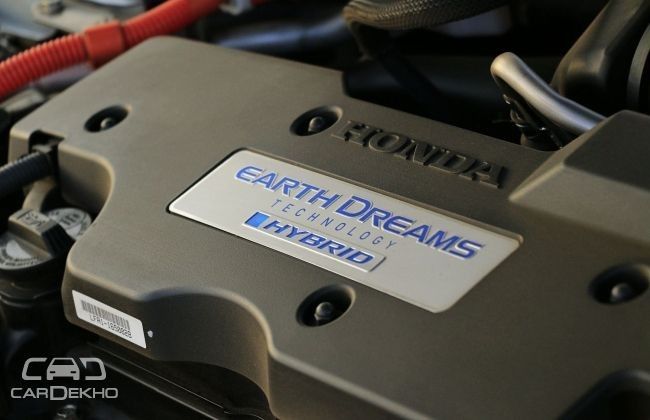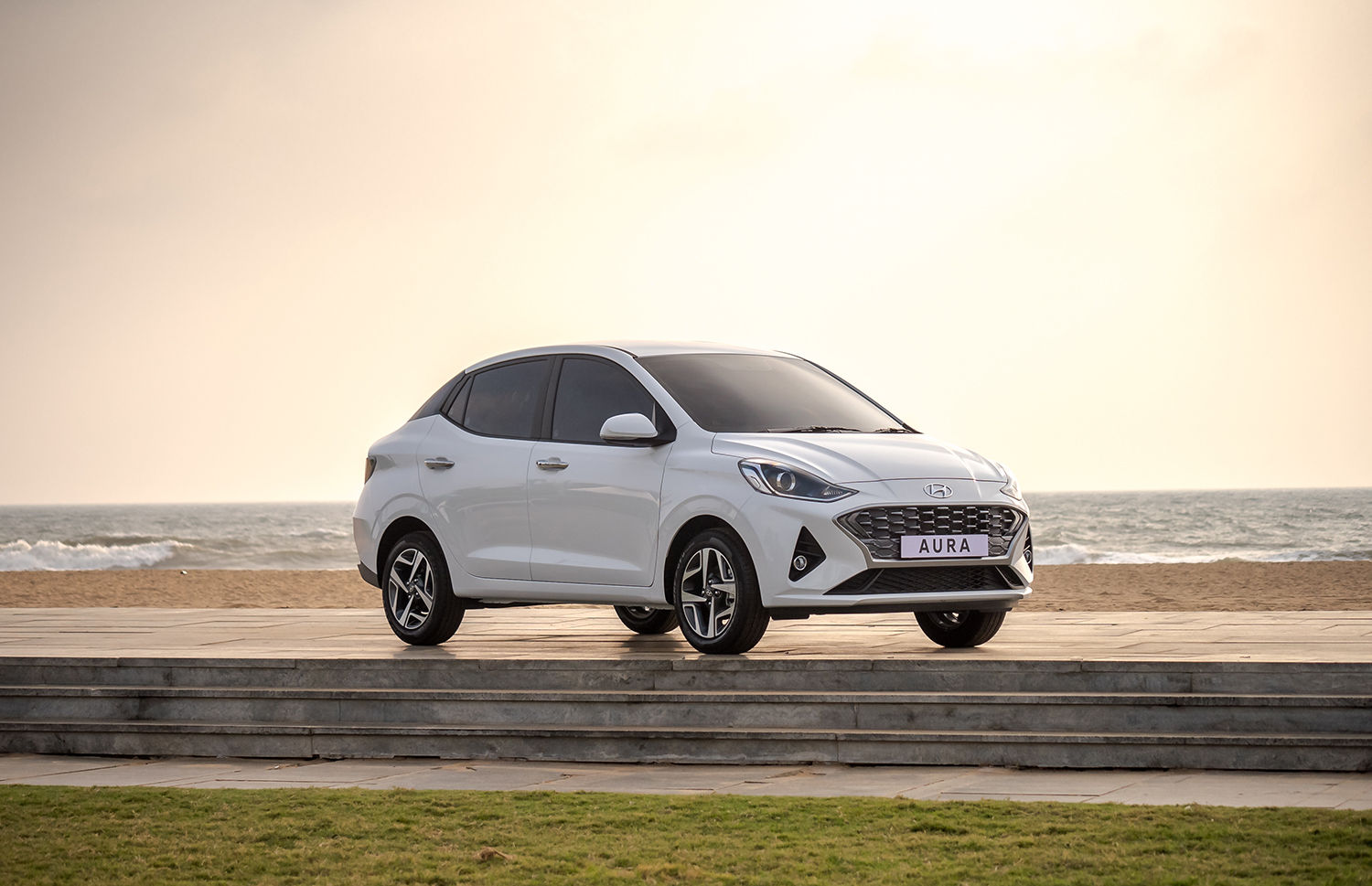Why Hybrid Vehicles Deserve A Leaner Tax Burden
Published On Jul 24, 2017 05:18 PM By Rachit Shad
- Write a comment
With the implementation of Goods and Service Tax, the overall tax on hybrids has shot up to 43 per cent

On July 1, 2017, India woke up to a new tax regime called Goods and Service Tax (GST). While it has garnered mixed emotions from other industries, most of the eggheads in the auto industry have welcomed it with open hands. Why not all? Well, in what came as shocker to everyone, the GST tax structure bumped up the overall tax on hybrid cars from 30 per cent to a whopping 43 per cent. The new figure includes a 15 per cent cess on top of the highest tax slab of 28 per cent.
What happened prior to GST implementation?

Before GST came into effect, the government released a provisional draft of the various tax slabs and what will end up where. That’s when leaders from the auto industry realised that the hybrid vehicle, which is gaining traction all over the world, will become more expensive in India from July 1. A plea was also put in with the government’s finance department to reconsider this move. But it wasn’t meant to be. It was simply side-swept by commenting that the picture painted by the auto industry about the pluses of a hybrid is incorrect.
If that’s the case, why was FAME (Faster Adoption and Manufacturing of (Hybrid &) Electric Vehicles in India) introduced in 2015? Increasing the tax burden on cars which will help shape the future of the transportation industry stands somewhat contrary to the half-hearted FAME push.
Why we think that hybrid vehicles are the first step in electrifying the nation?
There are several reasons to back up our stance in favour of hybrid technology but we’ll stick to our top four and accommodate the little but important points as well.

1.More fuel efficient: Although proper hybrids use two engines, the setup is actually more economical and environment-friendlier than a comparative petrol or diesel engine. During our comparison review between the Honda Accord Hybrid and Toyota Camry Hybrid, we were astonished by how frugal both of them were. Here are the figures:
Fuel efficiency for City/Highway in kmpl:
- Toyota Camry Hybrid: 14.29/18.3 (that’s more than Volkswagen GT TSI)
- Honda Accord Hybrid: 18.54/22.67 (that’s better than the Maruti Suzuki Baleno RS)

2. Ideal for the transition period: The main idea is to tackle the worsening air quality by bringing the overall emissions down significantly. The simple fact of the matter is that the 2030 mission of an all-electric India won’t become a reality without taking calculated measures. While the government can work with relevant bodies and carmakers to get the massive infrastructure and surplus norms in place for all-electric vehicles phase by phase, hybrids will help combat the air pollution problem during this transition period.

3. Promises to become affordable: Unfortunately, hybrid technology isn’t cheap in India as there is next to nothing going on to promote the technology. Cars like the Toyota Prius and the Honda Accord hybrid are brought into India as completely built units (CBUs) and hence land in a price range of a locally manufactured premium car. If we bring the tax burden down on hybrid cars, they will inevitably become more affordable. That asking price will further tumble down once the sales numbers start flowing in the correct direction and the technology can be locally assembled or even manufactured at a later stage. Remember, by doing this, we are encouraging the use of a technology that promises a healthier environment for our near and dear ones.

4. Doesn’t require additional infrastructure: Unlike all-electric cars, which require charging up after the batteries drain out, electric power on hybrids have their own charging stations onboard. The batteries on a hybrid vehicle get their juices from two sources - the petrol engine and via the regenerative braking technology, which converts the heat generated during braking into electricity.
We can only hope that the decision-making authorities see these positives as we do and in the next GST council meeting, which is slated for August 5, reviews and cuts some slack for the monumental tax burden on hybrid cars.















